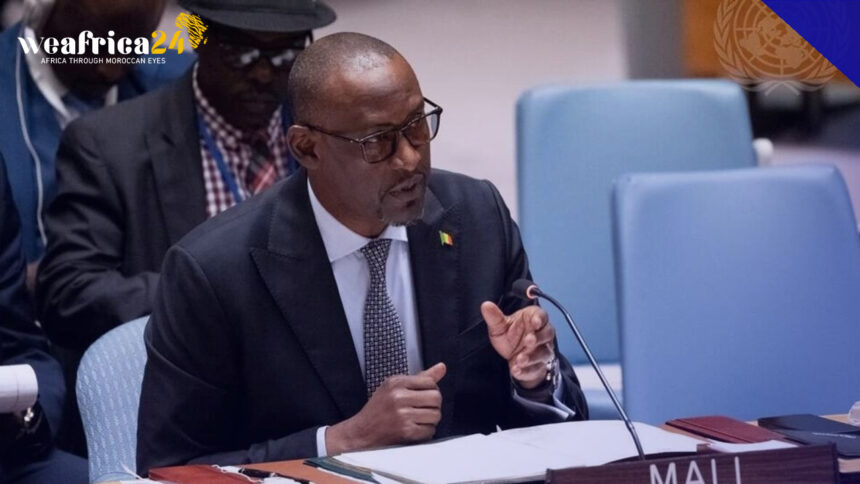The 78th session of the United Nations General Assembly commenced on Tuesday, September 19th, 2023, at the organization’s headquarters in New York. This week-long annual congregation sees heads of state or their representatives take the podium to address global issues. Against the backdrop of ongoing military coups in West Africa over the past three years, a pertinent question arises, who will represent Niger, which experienced a fresh coup on July 26th, 2023? This question looms large due to the diplomatic stakes involved in the CNSP junta.
General Abdourahamane Tiani, the head of the junta that still holds President-elect Mohamed Bazoum captive, opted to send his Minister of Foreign Affairs, Yaou Sangaré Bakary. Bakary had been appointed as Niger’s UN representative back in March, well before the coup.
While he still possesses his diplomatic passport and ambassadorial accreditation to access the UN headquarters, it remains unclear whether he can speak as the Minister of Foreign Affairs for Niger. The situation of an officially recognized representative by the UN engaging with unrecognized coup authorities is a conundrum that has led the United Nations to suspend Niger’s scheduled address at the podium, originally slated for Thursday, September 21.
Complicating matters further, key figures from the ousted regime are also vying to address the assembly in a bid to speak on behalf of President Bazoum and reaffirm his legitimacy.
Guinea’s Mamadi Doumbouya’s Presence in New York
In the case of Guinea, Colonel Mamadi Doumbouya, the leader of the CNRD junta, is conspicuously present at this UN session. This marks his first significant international appearance since the events that transpired, except for his attendance at President Recep Tayyip Erdogan’s inauguration in Turkey last May.
The Guinean transitional president is slated to address the UN General Assembly on Thursday, September 21, offering him international visibility and legitimacy. However, this session primarily serves as an opportunity for Colonel Doumbouya to garner support for the financing of the transition.
According to Amadou Sadjo Barry, a philosophy professor and political analyst, “He will employ his diplomatic skills to seek the necessary funds for the transition. The government claims it needs $600 million to execute the timeline. Partners are also closely monitoring the junta’s adherence to its commitments, and I believe there is growing disillusionment. This makes it challenging to secure funding, especially as financial scandals surface. Concerns regarding the political management of the transition, which could lead to long-term frustrations and tensions with partners who had initially given Colonel Doumbouya the benefit of the doubt, are emerging.”
Speech by Mali’s Minister of Foreign Affairs
The address by Mali’s representatives holds significant anticipation. Abdoulaye Diop, the now prominent Minister of Foreign Affairs, is scheduled to speak on the final day of the General Assembly.
Numerous human rights organizations have documented numerous abuses allegedly committed by the Malian Armed Forces and their Russian Wagner Group allies. These organizations hope that Malian authorities will provide assurances for the protection of civilians, especially as the UN peacekeeping mission in Mali (MINUSMA) is in the process of withdrawing.







